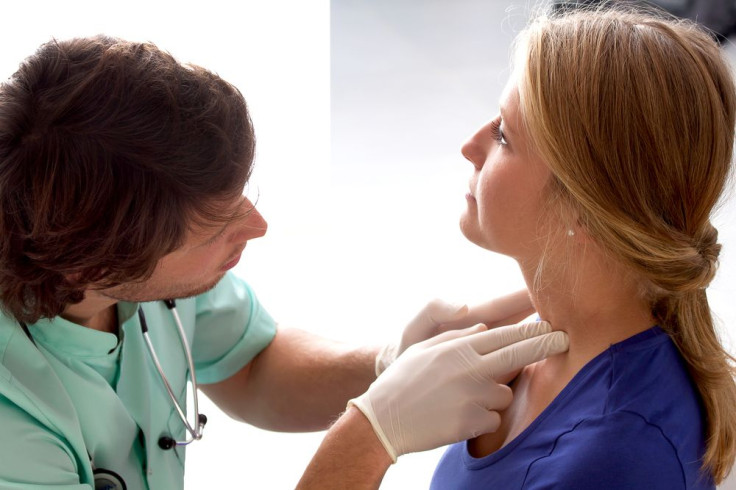FDA Approves Lymphoseek For Lymph Node Detection In Patients With Head, Neck Cancers

Lymphoseek, an injection commonly used to help doctors determine the reach of metastasis, or the spread of a skin cancer, has been approved by the Food and Drug Administration (FDA) for use in patients with squamous cell carcinoma, who might have had the cancer spread to areas in their head and neck region.
Lymphoseek Injections provide health care providers with a radioactive diagnostic imaging agent used to identify lymph nodes closest to a primary tumor. The procedure is also called a “sentinel” lymph node biopsy. By performing the procedure on patients with head and neck cancer, doctors will be less likely to have a patient undergo lymph node surgeries, as their sentinel nodes will come up negative for cancer.
“For some patients with head and neck cancer, removal and pathological examination of lymph nodes draining a primary tumor is an important diagnostic evaluation. To use Lymphoseek, doctors inject the drug into the tumor area and later, using a handheld radiation detector, find the sentinel lymph nodes that have taken up Lymphoseek’s radioactivity.” said Dr. Libero Marzella, director of the Division of Medical Imaging Products in the FDA’s Center for Drug Evaluation and Research, in the news release.
Eighty-five patients with squamous cell carcinoma of the lip, oral cavity, and skin were injected with Lymphoseek. Surgeons removed lymph nodes that were detected using Lymphoseek, as well as tumor location and surgical practice, for pathologic examination. They found that the Lymphoseek–guided sentinel lymph node biopsy determined precisely whether the cancer had spread through the lymphatic system. Mild side effects included pain or irritation at the injection site.
The Skin Cancer Foundation reports that there are 700,000 diagnoses of squamous cell carcinoma and 2,500 deaths each year. It is the second most common skin cancer, forming when uncontrolled growth of abnormal cells occurs among the squamous cells, which make up a majority of the skin’s upper layers. The cancer tends to appear on the skin as scaly red patches, open sores, elevated growths, or warts that sometimes crust or bleed. It's most often caused by prolonged UV exposure.
The Foundation recommends that people prevent the skin cancer by using sunscreen with a SPF of 15 or more when outside, and to avoid tanning and using tanning beds. Newborns should be kept out of the sun entirely. Checking your body thoroughly and consistently, as well as visiting a doctor once a year for a skin examination will help with prevention and early detection.
Published by Medicaldaily.com



























